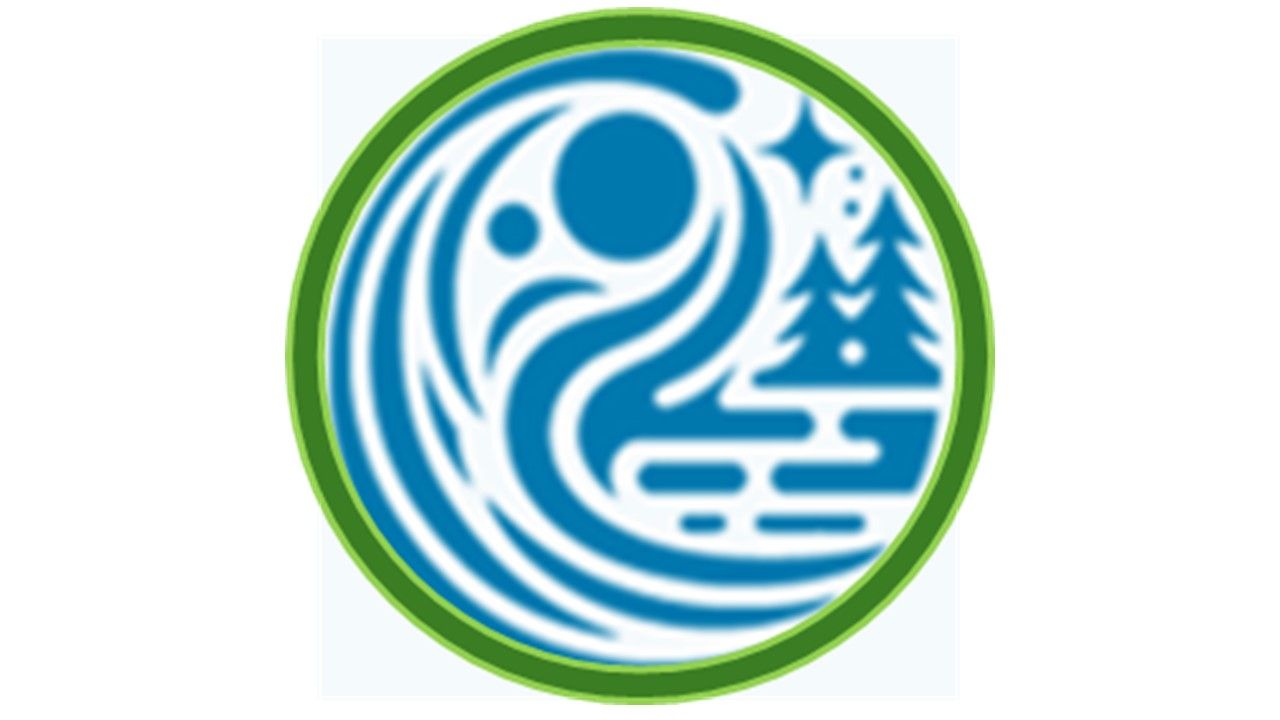Myth-Busting Common Misconceptions About Indigenous Communities
Understanding Indigenous Communities
Indigenous communities around the world are rich in culture, history, and tradition. However, there are many misconceptions about these communities that persist in modern society. By addressing these myths, we can foster a deeper understanding and appreciation of Indigenous peoples and their contributions.
One common misconception is that all Indigenous communities share the same culture and traditions. In reality, there is a vast diversity among Indigenous peoples. Each community has its own unique languages, beliefs, and practices that have been passed down through generations.

The Myth of the "Vanishing Indian"
A pervasive myth is the idea of the "vanishing Indian," which suggests that Indigenous cultures are disappearing. This misconception ignores the resilience and adaptability of Indigenous communities, who continue to thrive despite historical challenges. Today, many Indigenous peoples are revitalizing their languages and traditions, ensuring their cultures remain vibrant and influential.
Another aspect of this myth is the belief that modernity and tradition cannot coexist. However, many Indigenous communities successfully integrate traditional practices with contemporary lifestyles, demonstrating that cultural preservation and progress can go hand in hand.
Challenging Stereotypes
Stereotypes about Indigenous peoples often portray them as living in poverty or being dependent on government assistance. While it's true that some communities face economic challenges, this narrative fails to recognize the economic diversity within Indigenous populations. Many Indigenous individuals and communities are successful entrepreneurs, leaders, and innovators.

Moreover, the stereotype of Indigenous peoples as environmental stewards often overlooks their deep knowledge of sustainable practices. Indigenous communities have long maintained a harmonious relationship with the environment, offering valuable insights into conservation and biodiversity.
Addressing Misunderstandings in Education
Education systems have historically perpetuated myths about Indigenous peoples by presenting a narrow view of history. It's crucial for educational curricula to include comprehensive and accurate representations of Indigenous histories and contributions. By doing so, we can combat ignorance and promote respect for Indigenous cultures.
Parents and educators can play a key role in dismantling these misconceptions by encouraging open discussions about Indigenous issues. Providing resources and materials that highlight Indigenous voices and perspectives can help foster a more inclusive understanding among students.

Celebrating Indigenous Contributions
Indigenous communities have made significant contributions to various fields, including art, science, and governance. Recognizing these achievements can challenge misconceptions and highlight the positive impact of Indigenous peoples on society.
By celebrating these contributions, we not only honor the rich heritage of Indigenous communities but also pave the way for a more inclusive future where diversity is valued and respected.
In conclusion, debunking myths about Indigenous communities requires active engagement and education. By acknowledging the complexity and diversity of Indigenous cultures, we can move towards a more informed and respectful society.
